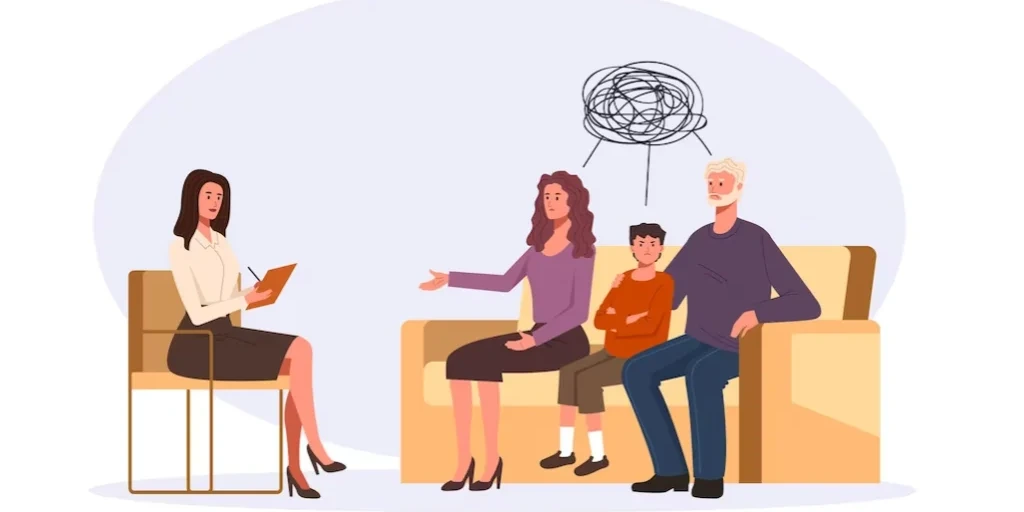24/7 Helpline:
(866) 899-221924/7 Helpline:
(866) 899-2219
Learn more about Inpatient Rehab centers in McClain County

Other Insurance Options

Meritain

Absolute Total Care

State Farm

Health Choice

Molina Healthcare

BlueCross

BlueShield

Aetna

Self-pay options

Highmark

Magellan

WellCare Health Plans

UnitedHealth Group

Cigna

Sutter

MHNNet Behavioral Health

Choice Care Network

Health Net

MVP Healthcare

Health Partners
































































































